Google refuses to pay publishers under the Article 15 copyright directive
Google's actions could effectively nullify the intentions of the controversial EU copyright reform

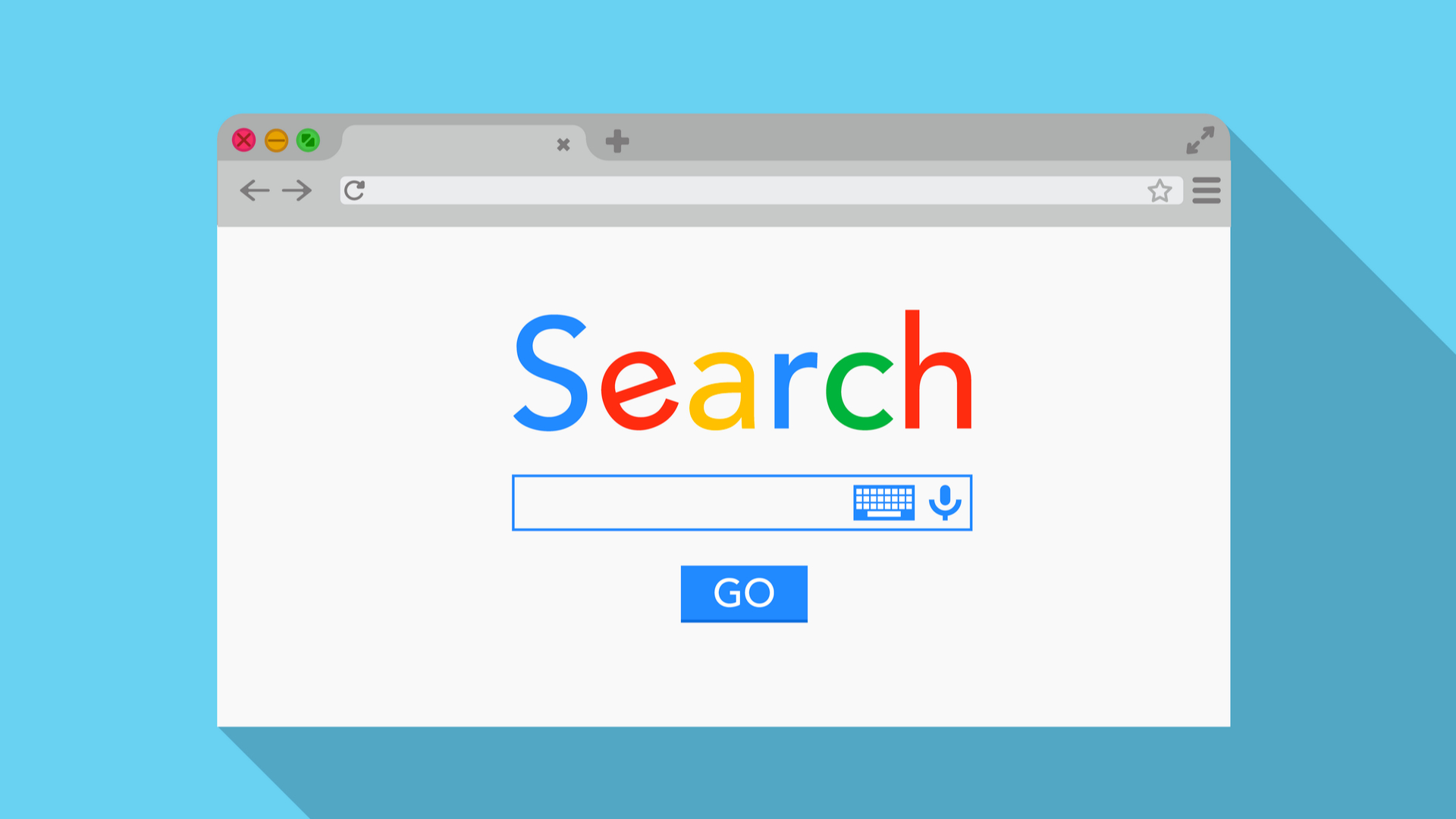
Google has said it will refuse to pay publishers to list their content in Search's news aggregation, flying in the face of the measures imposed by the EU's copyright reform.
France is the first country to transpose the copyright directive into domestic law, which will take effect in October, and is the first country to clash with a major news aggregator on the matter.
Google said "we sell ads, not search results" and it will not pay publishers for the right to list their content in Search.
The European copyright directive, now known as Article 15 but formerly Article 11, provides news aggregators such as Google and Facebook with two options: either pay publishers to have their content listed as it is now in Search, or drastically reduce the amount of information about the content it lists.

Google has taken the latter option, so while it now lists an article's full headline, hyperlink, image, publisher and a short extract of the piece, it will seriously limit the amount it will display.
This could reduce the 'clickability' of an article and ultimately damage the amount of traffic a digital publisher receives - the exact opposite of the directive's intentions to provide publishers with more opportunities to be paid for their content.
"People trust Google to help them find useful and authoritative information, from a diverse range of sources," said Richard Gingras, VP of news at Google. "To uphold that trust, search results must be determined by relevance - not by commercial partnerships.
Sign up today and you will receive a free copy of our Future Focus 2025 report - the leading guidance on AI, cybersecurity and other IT challenges as per 700+ senior executives
"That's why we don't accept payment from anyone to be included in search results. We sell ads, not search results, and every ad on Google is clearly marked. That's also why we don't pay publishers when people click on their links in a search result."
Google warned the EU before the directive was passed about the potential pitfalls that publishers would run into if such a rule was passed into bloc-wide law.
The company ran an experiment with Search at the start of the year which involved limiting the detail in the preview of the content it aggregated and included in Search.
The findings showed that when Google limited the detail in the search listings, even in the least deleterious instances, it led to a 45% reduction in traffic for the publisher. Instead, users turned to other platforms like social media to get their news fix.
"Our experiment demonstrated that many users turned instead to non-news sites, social media platforms, and online video sites - another unintended consequence of legislation that aims to support high-quality journalism. Searches on Google even increased as users sought alternate ways to find information," Google's blog post on the matter explained.
The French press reported an estimated loss between 250 million and 320 million euros per year and had hoped the copyright directive would reverse this loss.
"When the French law comes into force, we will not show preview content in France for a European news publication unless the publisher has taken steps to tell us that's what they want," the tech giant said in a separate blog post.
Before the EU's copyright directive was imposed, Germany had similar pre-existing law that required aggregators to limit the content's 'snippets' or be subject to pay the publisher, according to Politico. As a result, some German publishers explicitly allowed Google to list their content in full for free due to the loss in traffic.
Google argues that it helps publishers grow their traffic for free by providing comprehensive news aggregation which allows users to easily find publishers' content.
"In the world of print, publishers pay newsstands to display their newspapers and magazines so readers can discover them," said Gingras. "Google provides this benefit to publishers at no cost."

Connor Jones has been at the forefront of global cyber security news coverage for the past few years, breaking developments on major stories such as LockBit’s ransomware attack on Royal Mail International, and many others. He has also made sporadic appearances on the ITPro Podcast discussing topics from home desk setups all the way to hacking systems using prosthetic limbs. He has a master’s degree in Magazine Journalism from the University of Sheffield, and has previously written for the likes of Red Bull Esports and UNILAD tech during his career that started in 2015.
-
 Governance, risk, and compliance is a major growth opportunity, but how will the market develop?
Governance, risk, and compliance is a major growth opportunity, but how will the market develop?Industry Insights As DORA, NIS2, and AI regulations shake up the compliance landscape, GRC could be a golden opportunity for the channel
-
 Digital transformation & risk for dummies
Digital transformation & risk for dummiesWhitepaper Understand the risks to your digital business and accelerate your digital transformation
-
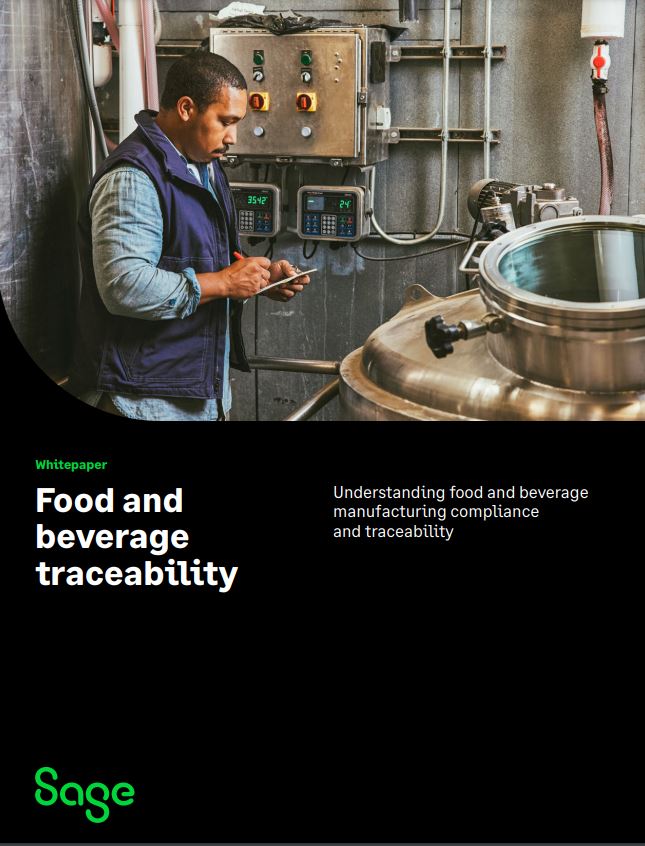 Food and beverage traceability
Food and beverage traceabilityWhitepaper Understanding food and beverage manufacturing compliance and traceability
-
 Ensuring compliance with the National Bioengineered Food Disclosure Standard (NBFDS)
Ensuring compliance with the National Bioengineered Food Disclosure Standard (NBFDS)Whitepaper How food manufacturers can enhance traceability with technology to be compliant
-
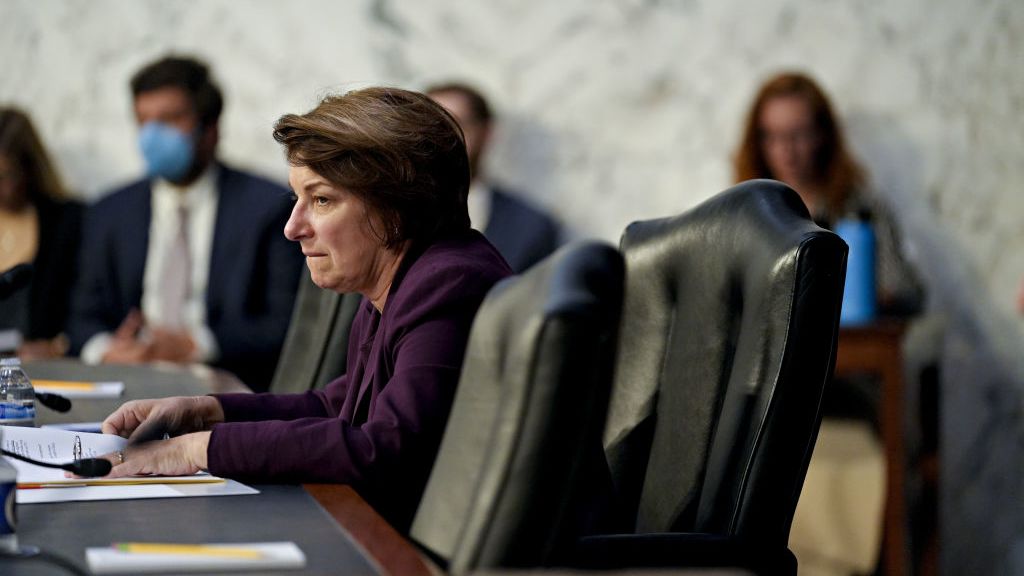 US antitrust bill nearing law faces fierce tech opposition
US antitrust bill nearing law faces fierce tech oppositionNews AICO seeks to limit the extent to which tech platforms can self-promote, and has drawn tens of millions of dollars in opposition from some of the largest tech firms
-
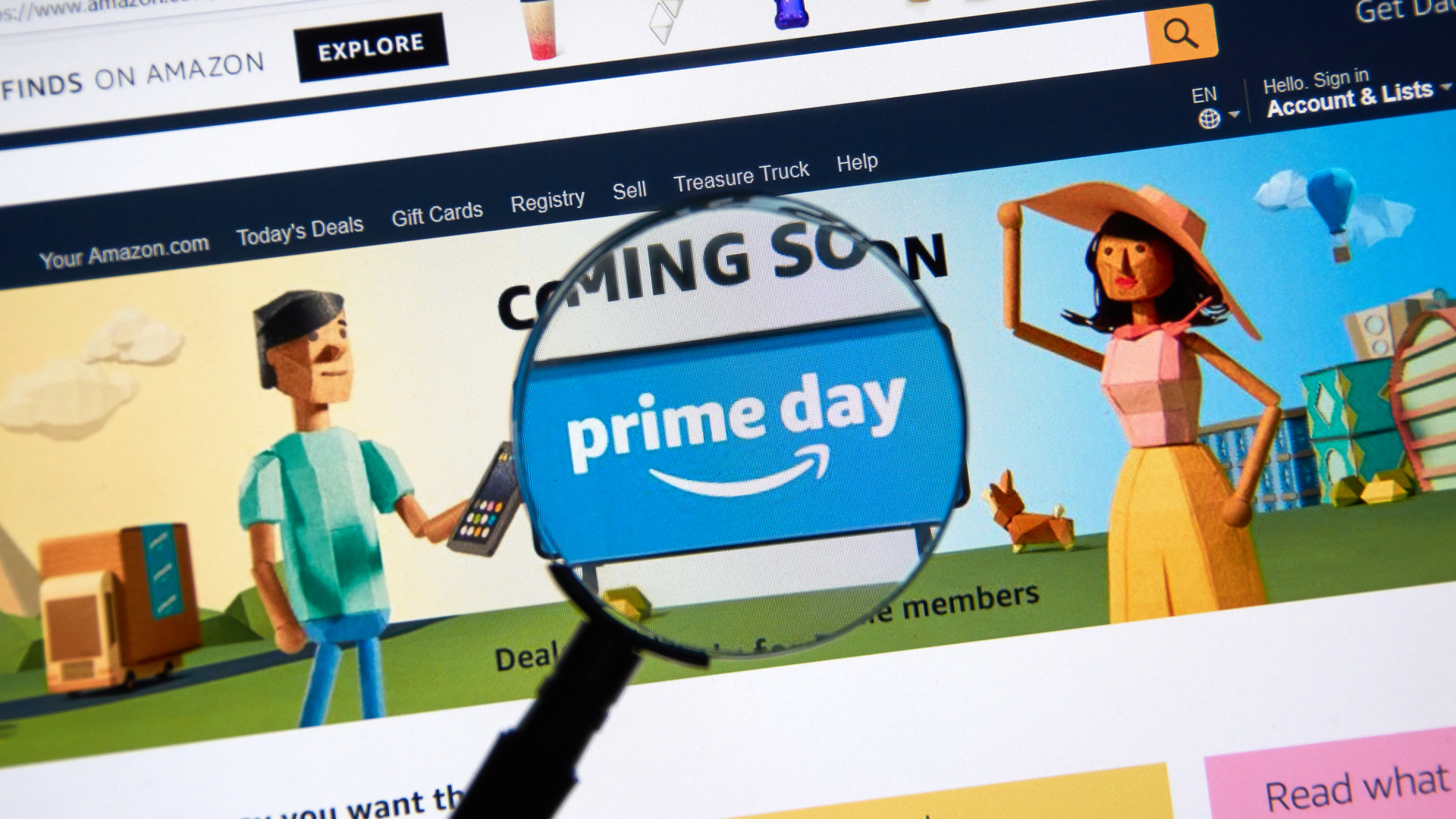 Amazon's use of third-party seller data to be investigated by CMA
Amazon's use of third-party seller data to be investigated by CMANews The investigation follows an almost identical one currently being carried out by the European Commission after the company was previously charged over similar practices by the European authority in 2020
-
 Nine steps to IT audit readiness
Nine steps to IT audit readinessWhitepaper How technology can help win back your time and reduce IT risk
-
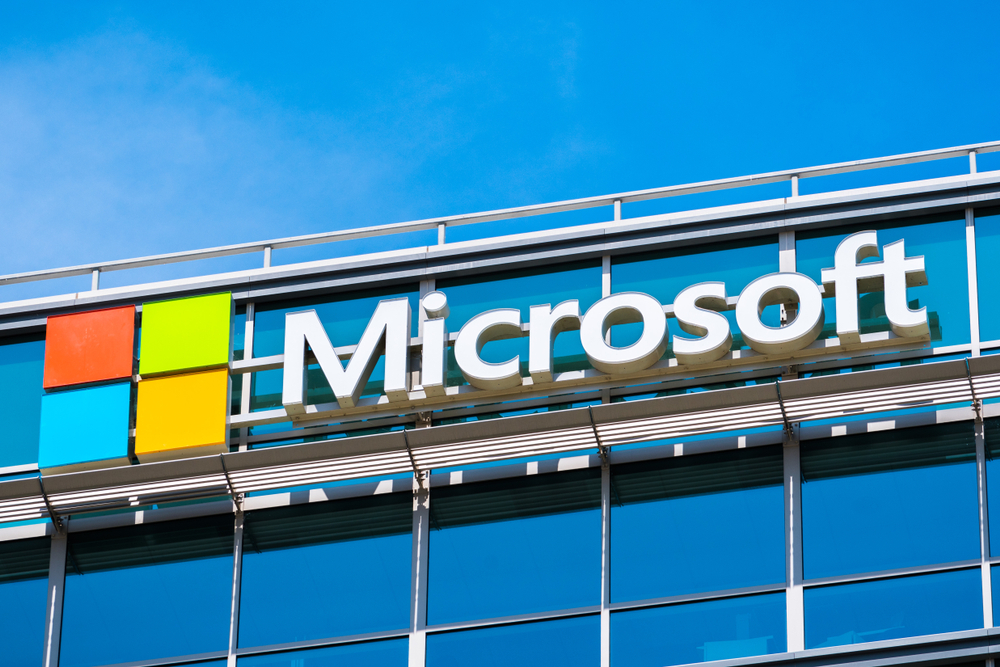 Microsoft Purview rebrand aims to simplify data governance and compliance
Microsoft Purview rebrand aims to simplify data governance and complianceNews Tech giant merges 365 and Azure Purview data-governance services into a unified suite

